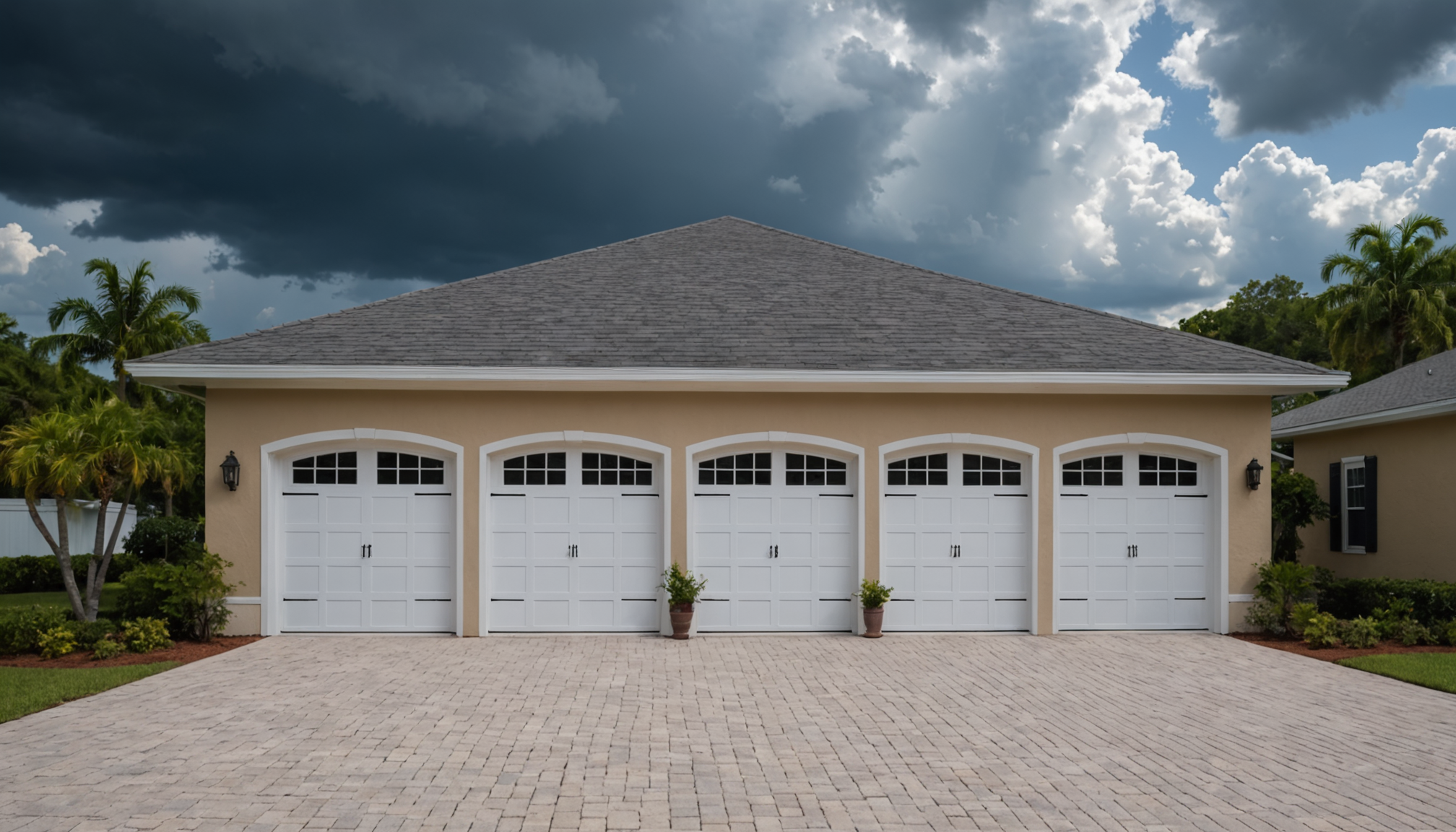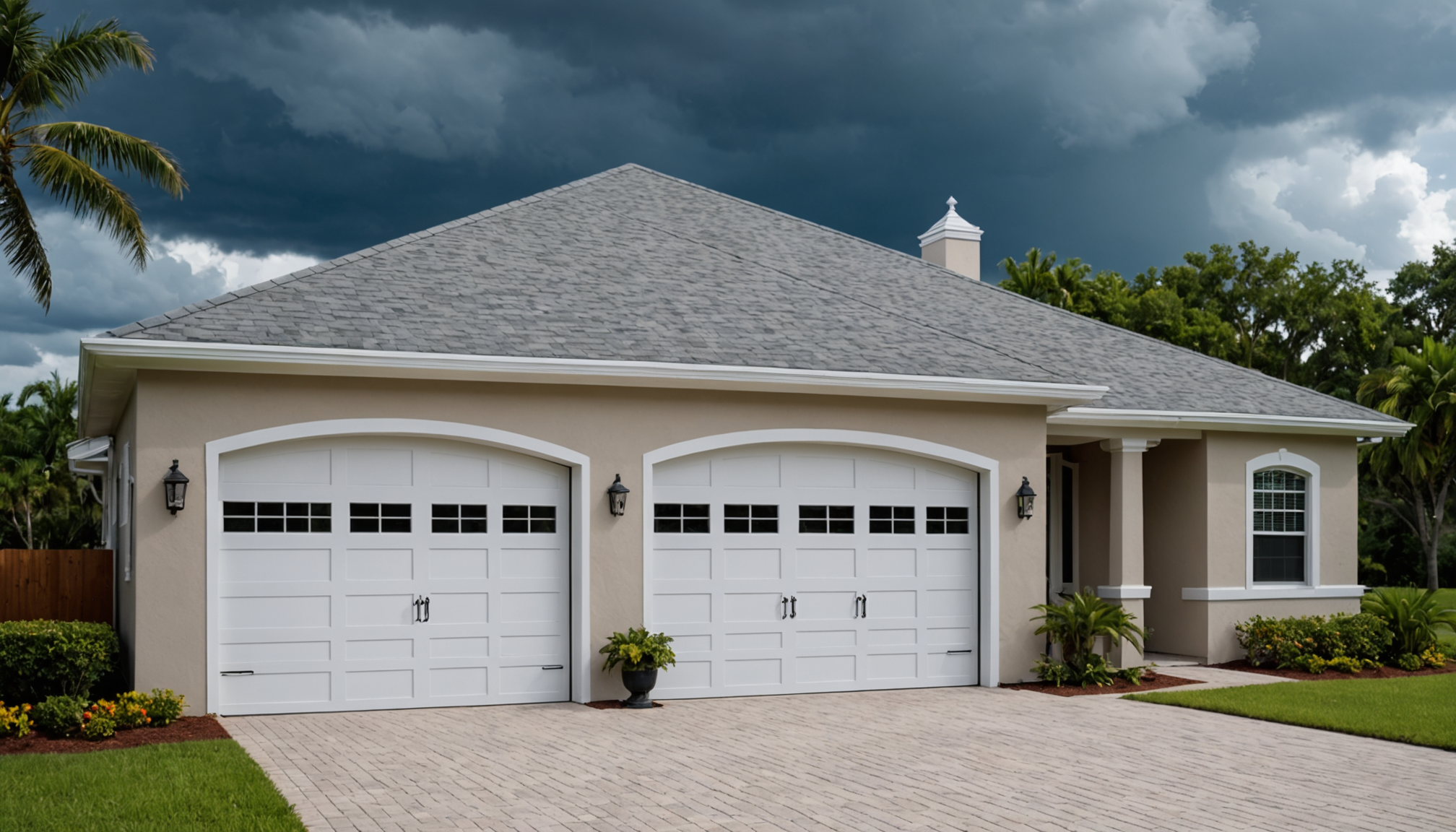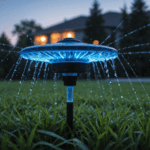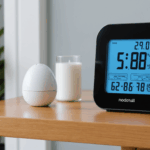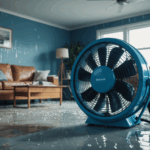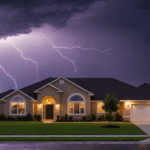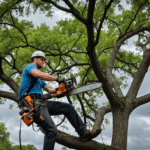Orlando homeowners face unique challenges when preparing their properties for Florida’s severe weather, especially within HOA communities where exterior modifications must meet strict guidelines. According to the National Weather Service, Central Florida experiences an average of 70-80 thunderstorm days annually, making weather-resistant exterior upgrades essential for long-term home protection.
One HOA-compliant approach to hurricane prep involves upgrading exterior siding materials. James Martinez, a certified contractor with the Florida Building Contractors Association, recommends fiber cement siding, which offers superior wind resistance up to 150 mph and meets most Orlando HOA architectural standards. Recent studies by the Insurance Institute for Business & Home Safety show that homes with fiber cement siding are 84% less likely to sustain damage during severe storms.
Roof reinforcement presents another critical opportunity for storm protection. The Florida Building Code now requires all new roofs to withstand winds of at least 130 mph, but older homes may need updates. HOA-approved options include:
- Secondary water barriers beneath shingles
- Hurricane straps and clips for improved roof-to-wall connections
- Impact-resistant shingles rated for high-wind zones
Garage doors, often overlooked in home improvements, represent a significant vulnerability during storms. The Federal Emergency Management Agency reports that garage door failures account for up to 80% of residential hurricane damage. Most Orlando HOAs permit the installation of code-compliant garage door bracing systems, which can be easily removed when not needed and store discreetly.
For exterior trim and fascia, cellular PVC materials offer excellent durability against harsh weather while maintaining the aesthetic requirements of most HOA communities. These materials resist rot, insects, and water damage, with a life expectancy of 25+ years according to manufacturers’ specifications. The National Association of Home Builders estimates that weather-resistant trim can reduce annual maintenance costs by up to 50%.
Paint selection also plays a crucial role in weather resistance. Modern elastomeric coatings, available in HOA-approved colors, can expand and contract with temperature changes while providing superior water resistance. These coatings typically last 8-10 years in Florida’s climate, compared to 3-5 years for traditional exterior paints, according to the Painting and Decorating Contractors of America.
Landscaping solutions for storm protection
Strategic landscaping plays a vital role in Orlando home improvements, particularly for properties within HOA communities seeking enhanced storm protection. Native Florida plants and trees, when properly positioned, can create natural windbreaks while adhering to HOA landscaping guidelines. The University of Florida’s Extension Service reports that properly designed landscape barriers can reduce wind speeds by up to 50% during severe weather events.
When selecting trees for hurricane prep, focus on wind-resistant species approved by local HOAs, such as live oaks, sabal palms, and southern magnolias. These species have demonstrated superior survival rates during major storms, with research from the Florida Urban Forest Council showing a 90% survival rate compared to non-native species. It’s crucial to maintain proper spacing between trees and structures – experts recommend a minimum distance of 20 feet from your home’s foundation.
Ground cover and mulching solutions offer additional protection against soil erosion and flooding. Most Orlando HOAs permit the use of river rock or heavy mulch in designated landscape beds, which can help prevent soil washout during intense storms. The Florida-Friendly Landscaping™ Program recommends maintaining a 2-3 inch layer of mulch, refreshed seasonally, to optimize drainage and root protection.
Professional arborists emphasize the importance of regular pruning and maintenance to minimize storm-related hazards. Dead or weakened branches should be removed before hurricane season, and trees should be trimmed to allow wind to pass through the canopy rather than against it. Many HOA communities in Orlando require annual landscape inspections to ensure compliance with these safety measures.
- Native Florida trees can reduce storm damage by up to 50% when properly placed around homes
- Regular pruning should occur 6-8 weeks before hurricane season begins
- HOA-approved ground cover can reduce soil erosion by up to 80% during heavy rains
- Proper tree spacing (20+ feet from structures) is essential for storm protection
Impact-resistant window treatments
One of the most common mistakes Orlando homeowners make when selecting impact-resistant window treatments is choosing products that don’t meet their HOA’s architectural guidelines, leading to costly replacements. Many residents opt for exterior shutters without first confirming their association’s specific requirements for design and color schemes. According to the Florida Building Code, impact-resistant window treatments must meet specific testing standards, including resistance to projectiles at high velocities.
For effective hurricane prep, homeowners should consider installing laminated glass windows or impact-resistant film treatments that maintain the aesthetic requirements of their HOA. These solutions can withstand debris impacts of up to 110 mph while preserving the home’s architectural integrity. Studies from the Insurance Institute for Home Safety show that properly installed impact-resistant windows can reduce insurance premiums by up to 15%.
Another frequent oversight is improper installation of window treatments. Even high-quality products can fail if not correctly fitted. Professional installation is crucial, and many HOA communities maintain lists of approved contractors who understand local building codes and association requirements. Key installation considerations include:
• Proper sealing around window frames
• Correct anchoring methods for frame reinforcement
• Compatible caulking materials rated for Florida’s climate
• Appropriate drainage allowances to prevent water intrusion
Many homeowners also underestimate the importance of regular maintenance. Impact-resistant treatments should be inspected annually for signs of wear, seal deterioration, or frame damage. The Florida Department of Emergency Management recommends checking all window treatments before hurricane season begins in June.
A costly error is selecting window treatments based solely on price rather than performance ratings. The Miami-Dade County testing standards, widely recognized for home improvements in Florida, require windows to withstand impacts from a 9-pound 2×4 lumber missile traveling at 50 feet per second. Homeowners should verify that their chosen products meet these stringent requirements while conforming to HOA specifications.
Document retention is another overlooked aspect. Maintain copies of product certifications, installation warranties, and HOA approval letters. These documents are essential for insurance purposes and future home resale value. The Florida Association of Insurance Agents reports that proper documentation can expedite claims processing by up to 60% following storm damage.
Permissible drainage improvements
Proper drainage systems play a crucial role in protecting Orlando homes from flood damage during severe storms, and many HOAs now recognize their importance in overall hurricane prep. Working within association guidelines, homeowners can implement several effective drainage solutions that enhance property protection without violating community standards.
French drains represent an HOA-friendly option that effectively manages water flow around foundations. These systems, typically permitted when properly concealed, can redirect up to 25 gallons of water per minute away from vulnerable areas. Installation should include professional grading and decorative catch basin covers that complement existing landscaping.
Downspout extensions and underground drainage pipes offer discrete solutions for roof runoff management. Modern systems can be installed with pop-up emitters that remain hidden until activated by water flow, satisfying both functional requirements and HOA aesthetic standards. According to water management experts, properly installed downspout systems can redirect up to 12,000 gallons of water during a typical Florida storm event.
Rain gardens present an innovative approach to home improvements that many Orlando HOAs now embrace. These landscaped depressions can absorb 30% more water than traditional lawn areas while featuring approved native plants. Key components include:
• Permeable soil layers that enhance water absorption
• Strategic placement at least 10 feet from foundations
• HOA-approved native vegetation that thrives in wet conditions
• Proper depth calculations based on local rainfall patterns
Permeable pavement solutions offer another HOA-compliant option for improving drainage. These materials can be installed in driveways and walkways, allowing water to penetrate while maintaining the community’s aesthetic standards. Studies show that permeable pavements can reduce surface runoff by up to 90% during heavy rainfall events.
Gutter systems can be enhanced with mesh guards and expanded capacity while adhering to HOA color and style requirements. Professional installers recommend 6-inch gutters for Florida homes, which can handle 40% more water volume than standard 5-inch systems. Regular maintenance of these systems is essential, with experts suggesting quarterly inspections to ensure optimal performance.
By implementing these drainage improvements, homeowners can significantly reduce their flood risk while maintaining property values and HOA compliance. A proactive approach to water management can prevent costly foundation repairs and protect valuable landscaping investments.
Smart technology storm monitoring systems
- Can I install a smart weather station without getting HOA approval in Orlando?
- Most Orlando HOAs permit indoor smart weather monitoring systems without special approval. However, exterior components like sensors or cameras typically require HOA review to ensure they meet aesthetic guidelines and placement requirements.
- What’s the best storm monitoring system for hurricane prep in Florida?
- Professional-grade systems with multiple sensors, such as the WeatherFlow Tempest or Ambient Weather WS-2902, are highly recommended for Orlando homes. These systems provide accurate wind speed, rainfall, and barometric pressure readings while offering smartphone integration and severe weather alerts.
- How much do smart storm monitoring systems typically cost for home improvements?
- Quality home weather monitoring systems range from $200 to $800 for comprehensive setups. Professional installation may add $100-300, but many systems are designed for DIY installation with HOA-compliant mounting options.
- Will a smart weather monitoring system help reduce my home insurance costs?
- Many Florida insurance providers offer discounts of 2-5% for homes with smart weather monitoring systems that include automated storm shutters or water shut-off features. Documentation of these systems can also expedite claims processing after severe weather events.
- How reliable are smartphone weather apps compared to personal weather stations?
- While apps provide general weather information, they rely on data from distant weather stations and may not reflect exact conditions at your Orlando home. Personal weather stations offer hyperlocal data and real-time monitoring, providing more accurate information for storm preparation and response.
